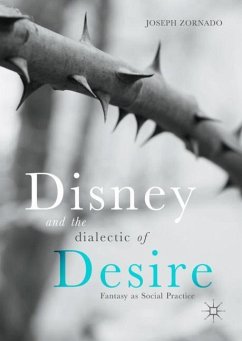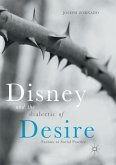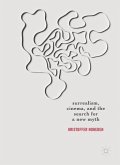This book analyzes Walt Disney's impact on entertainment, new media, and consumer culture in terms of a materialist, psychoanalytic approach to fantasy. The study opens with a taxonomy of narrative fantasy along with a discussion of fantasy as a key concept within psychoanalytic discourse. Zornado reads Disney's full-length animated features of the "golden era" as symbolic responses to cultural and personal catastrophe, and presents Disneyland as a monument to Disney fantasy and one man's singular, perverse desire. What follows after is a discussion of the "second golden age" of Disney and the rise of Pixar Animation as neoliberal nostalgia in crisis. The study ends with a reading of George Lucas as latter-day Disney and Star Wars as Disney fantasy. This study should appeal to film and media studies college undergraduates, graduates students and scholars interested in Disney.








